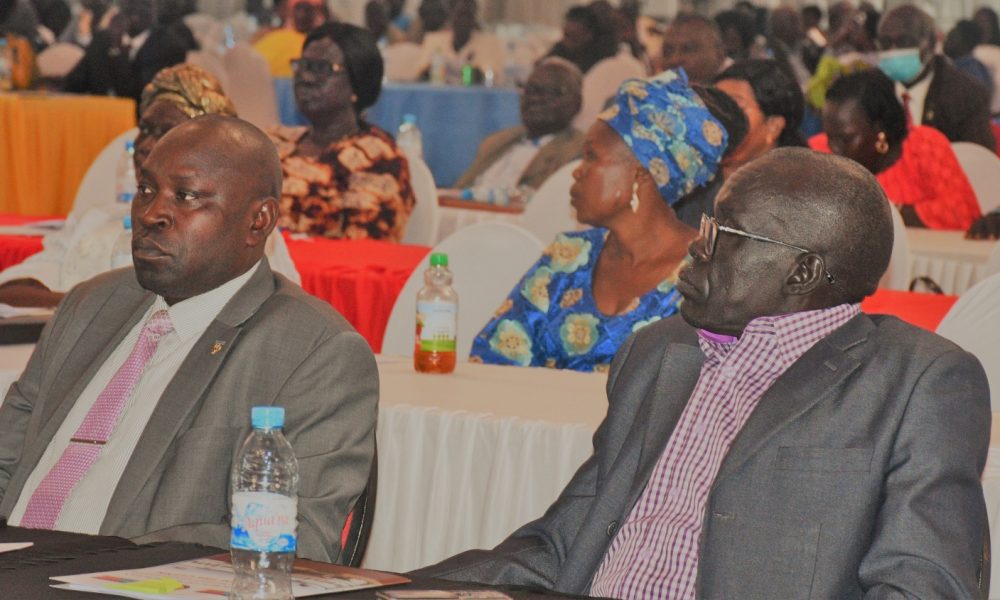By Bida Elly David
Transitional National Legislative Assembly has passed the South Sudan Anti-Corruption Commission Act 2009 (Amended) 2023 with recommendations.
The bill aims to regulate malpractices in public institutions and ensure the smooth running of services.
Lawmaker Joy Kwaje, a member of the Specialized Committee for Legislation and Justice said the act mandates the commission to protect public properties and probe corruption cases.
She said the Act has 14 Chapters allowing the commission to investigate and prosecute cases, combat administrative malpractices and promote ethical standards.
It also assigns the commission with powers to allocate supervision of the directorates of investigation and prosecution to a member with a legal background.
The lawmaker added that Chapter Five empowers the commission to seize assets suspected to be proceeds of corruption by public officials.
“The commission shall have the powers to manage the seized assets subjected to all the proceedings under the bill,” she said.
The tenure of the chairperson, deputy chairperson, and members of the commission is 7 years non-renewable based on individual performance.
Parliamentarian Juol Nhomngek, representing Cueibet under the SPLM-IO ticket, said the bill recognizes that corruption is a threat and must be dealt with under Article 32, which gives access to information.
He noted that corruption has become a weapon of massive destruction.
The MP further stated that the Anti-Corruption Commission will be an independent body to deal with corrupt individuals, including those with superior powers.
“The bill acknowledges corruption as a threat and must clearly identify areas where it can manifest,” he said.
For her part, the national minister of Parliamentary Affairs, Mary Nawai, referred to corruption as a disease in South Sudan and around the world, emphasizing the importance of effective implementation of the anti-corruption bill.
She stated that the Ministry of Parliamentary Affairs and the chairperson of governance assurance would ensure the effective implementation of the law.
“We are really trying our best to ensure that the laws that are passed are implemented because we cannot keep on passing laws without implementation,” she stated.
Minister Nawai said the Anti-Corruption Commission ought to work with no fear or favor of any public official found guilty of mismanagement of public resources.
Rebecca Joshua Okwaci, the government chief whip, recommended high remuneration for the staff within the commission, noting that allowances won’t boost positive work.
“The chairperson of the Anti-Corruption Commission has lamented to me about the worst status of the commission to the extent that some of the staff were not reporting for work,” she revealed.
“We know it is the situation of our Country but any time we need to keep institutions strong so that they do their work.”




